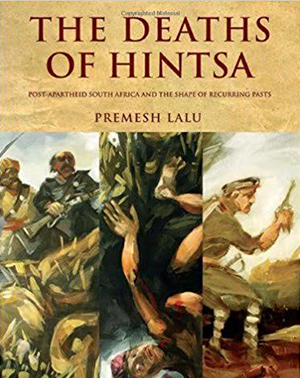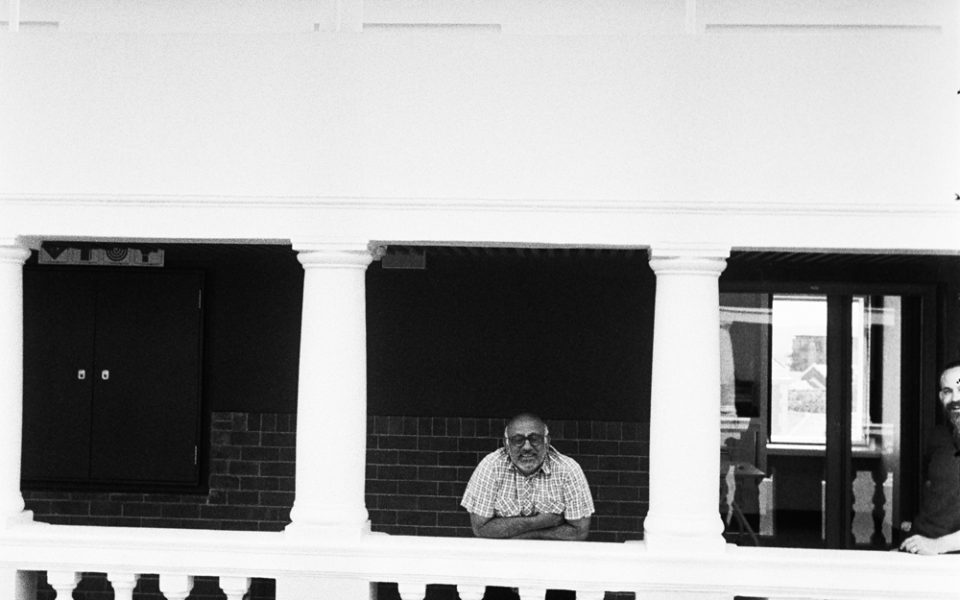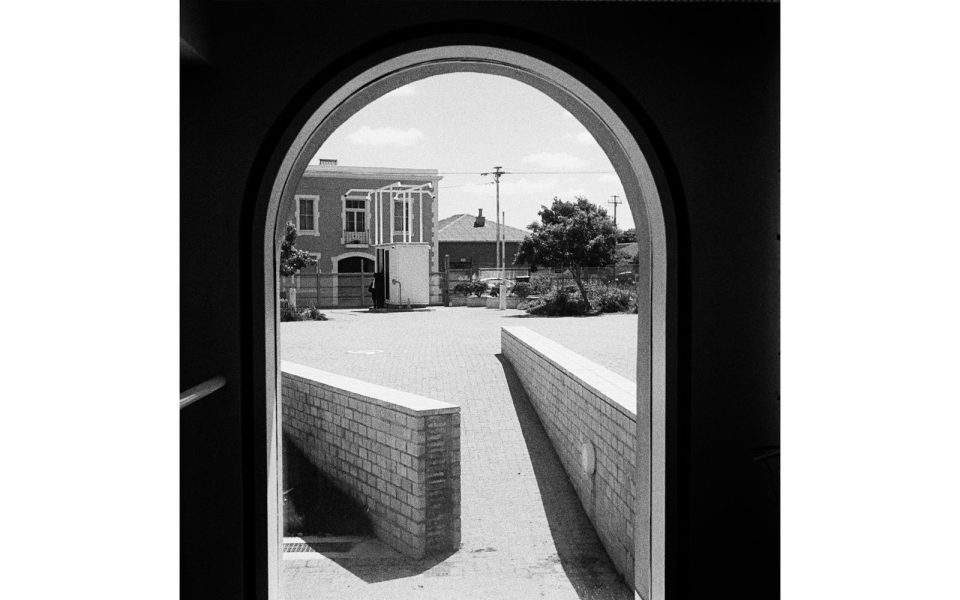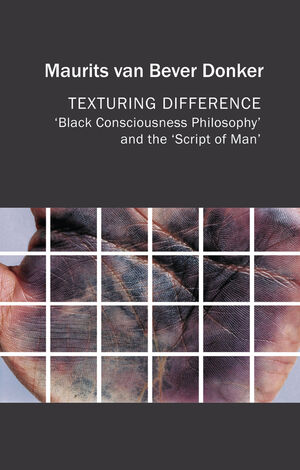The Deaths of Hintsa: Post-Apartheid South Africa and the Shape of Recurring Pasts

 by Premesh Lalu
by Premesh Lalu
(HSRC Press, 2009)
In 1996, as South Africa’s Truth and Reconciliation Commission was beginning its hearings, Nicholas Gcaleka, a healer diviner from the town of Butterworth in the Eastern Cape province of South Africa, set off on a journey to retrieve the skull of Hintsa, the Xhosa king. Hintsa had been killed by British troops on the banks of the Nqabarha River over a century and a half before and, it was widely believed, been beheaded. From a variety of quarters including the South African press, academia and Xhosa traditional leadership Gcaleka’s mission was mocked and derided. Following the tracks of Nicholas Gcaleka, author Lalu explores the reasons for the almost incessant laughter that accompanied Gcaleka’s journeys into the past. He suggests that the sources of derision can be found in the modes of evidence established by colonial power and the way they elide the work of the imagination. These forms and structures of knowledge in the discipline of history later sustained the discourse of apartheid. “The Deaths of Hintsa” argues for a postcolonial critique of apartheid and for new models for writing histories. It offers a reconceptualisation of the colonial archive and suggests a blurring of the distinction between history and historiography as a way to set to work on forging a history after apartheid.




